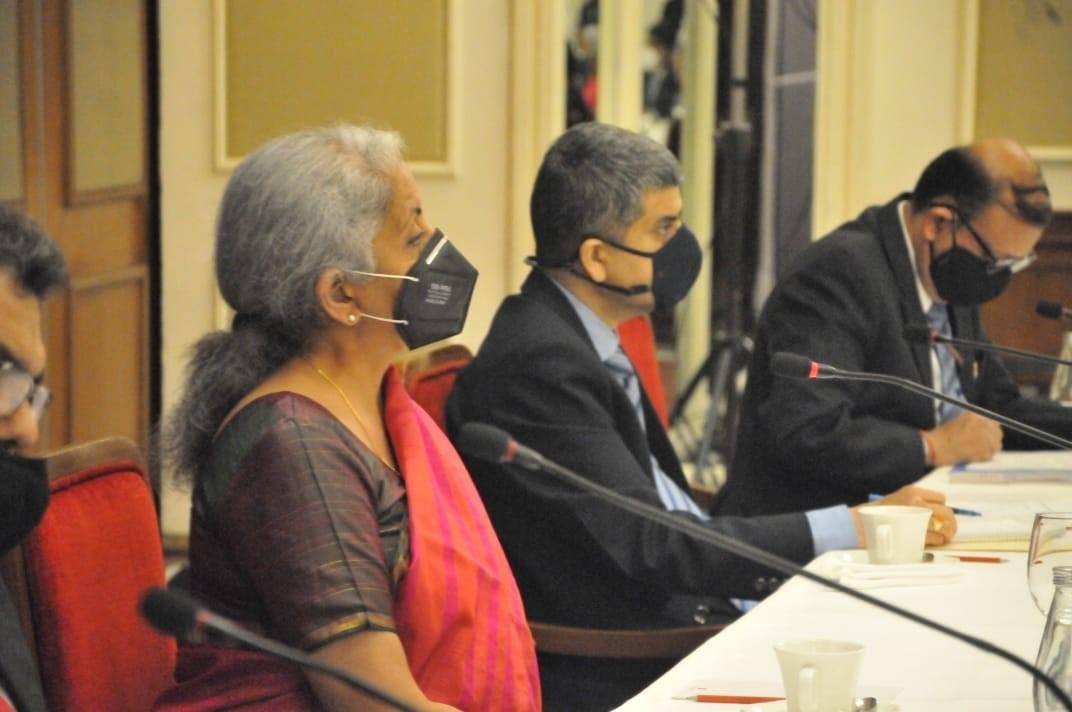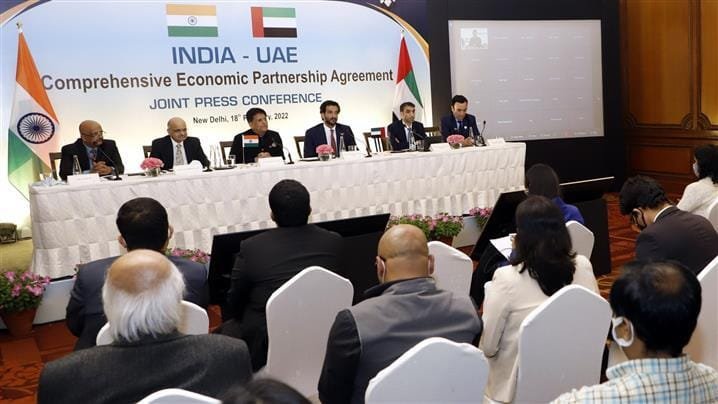Singapore businessman and investor, Dr T Chandroo says education quality in India has improved in recent years. Dr T. Chandroo, chairman and chief executive officer of Modern Montessori International (MMI), an education brand from the UK with centres across South East Asia and India, sees more investment opportunities establishing pre-schools and training of teachers.
The central and most state boards uniformly follow the “10+2+3” pattern of education. In this pattern, study of 12 years is done in schools or in colleges, and then three years of graduation for a bachelor’s degree. The first 10 years is further subdivided into five years of primary education, three years of upper primary, followed by two years of high school.
The major issues in education are shortage of quality, well-qualified and dedicated teachers; Affordability of quality education for all; Lack of good education in government schools.
Mr Modi is putting special focus on revamping the education system of the country and by doing so, he is very much right as a sound education system is the foundation of sustained growth of a country.
That Early Childhood Education is of crucial significance for the optimum development of the child is admitted on all hands in this country and abroad, studies have proved conclusively that foundation for later development is laid in the early years and impoverishment suffered at this stage damages severely the subsequent development of the child. The importance of Early Childhood Education in the Indian context where 48 per cent of the population lives below the poverty line; 63.83 per cent are illiterate and one-fifth of the population is in the age of up to six years hardly needs any emphasis. Early Childhood Education has assumed added importance in the context of the programme of ‘Universalisation of Elementary Education’.
However, tremendous amount of money is required for this which even if the government wants to spend may not be feasible.
Therefore, for the parents moving a child from a Preschool to formal school is a decision they would best avoid.
Also in Tier two and three cities the cost of education is less in Preschools than in Formal Schools. Therefore, the challenges would be greater there and opening bigger school with Preschool and having a movement from a Preschool to a Formal School is important.
Early Child Development Programme plays a pivotal role in the formative years of learning and is an indispensable foundation for lifelong learning and development. It focuses on providing a hands-on, stimulating environment where children learn about themselves through interacting and playing with other children. This programme is a child’s first formal learning experience and focuses on cognitive and social development, igniting a child’s curiosity and imagination. Early Childhood education is undoubtedly an important and fundamental stage of learning.
In India, education system is still mostly about crowded schools with classrooms having teachers who play the pivotal role in the classroom, actively pushing information into minds which are considered as empty vessels. Required is an educational model where a child needs to play an active role in his own learning. The child responds to experiential learning. Montessori provides this effectively where the role of the teacher is passive, and, after a perfect presentation of an activity, the child is encouraged to learn through trial and error, thus promoting active learning and problem-solving skills.
It must be acknowledged that there is a nationwide catastrophe when it comes to quality of learning that filters through all schools at the primary level. Two years to six years are the formative years in a child’s life, but, in India, these years are ignored. Often, primary schools still run as a crèche or to pass time, where children are kept entertained with rhymes, song and dance. Also, since the role of private players influence the education scene in India to a great extent, the Government should etch out policies which further fulfill the basic needs and mental strata of the students.
* MMI have registered its presence among the Top Teacher training institute in India;
* Candidates passing out from MMI Training centers are working in Big schools and have achieved great landmark;
* Formal schools ask for MMI Trained candidate though as per the Government policy B.ed is the basic requirement for teaching in a formal School;
* Various Franchise clients surveyed major training institute and selected MMI as the Best one;
* MMI Preschools are creating values and building trust among parents which has enabled our franchisees to run successfully. However, shifting from a PreSchool to a Formal School is the major concern.
* Lack of awareness regarding Montessori among parents or society;
* Less number of Montessori qualified people;
* Montessori apparatus are costly therefore the Fee charged from parent is high;
* Parents expects colorful Playschool environment like other preschool in the market;
* Not recognized by Indian University/board;
* Candidate compare with B.Ed and other government recognized programs;
* Acceptability issue in Primary education system;
* Less number of Schools practicing Montessori, limited number of jobs;
* Diploma charges are very high, required certificate or other substitute;
* Investment is high on Montessori material and other material;
* Every state has its own guidelines for school set-up which is again a big challenge:
* Minimum space required as per standards is difficult to figure out due to high rentals and availability issues;
* Non-availability of Teacher/Trainer in every region.
fii-news.com









